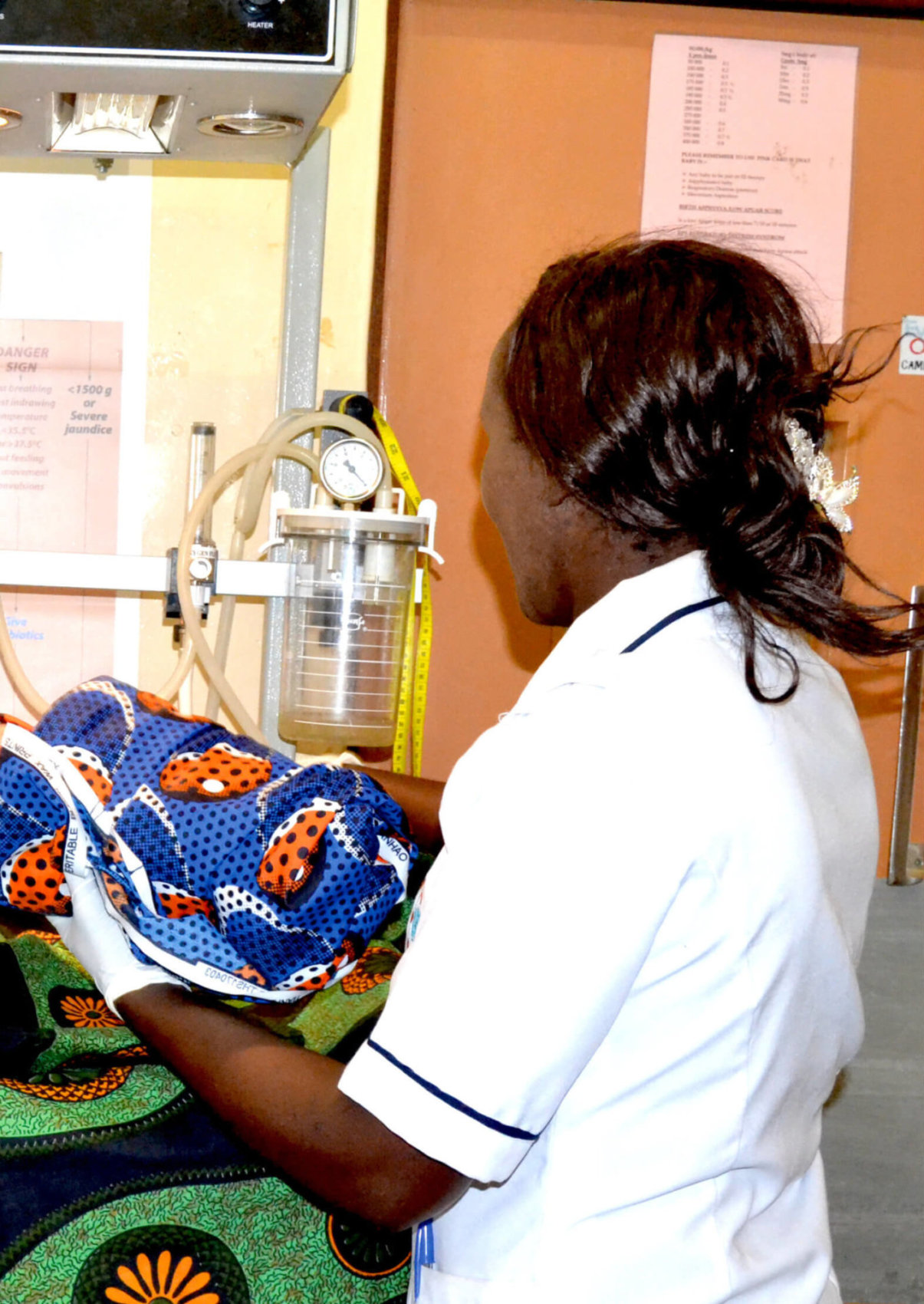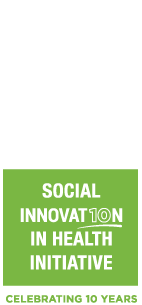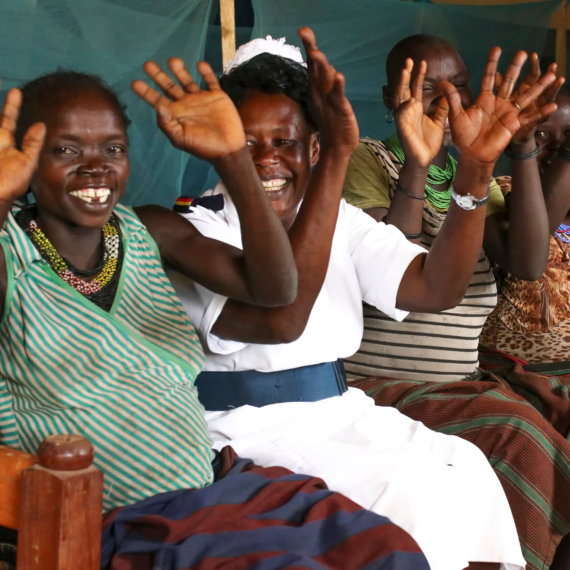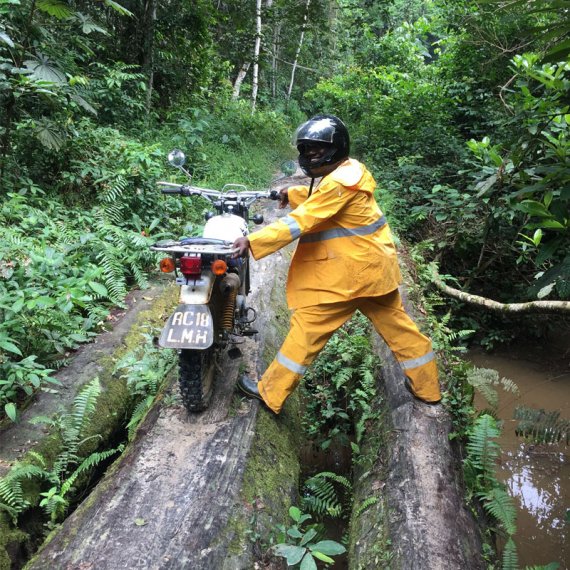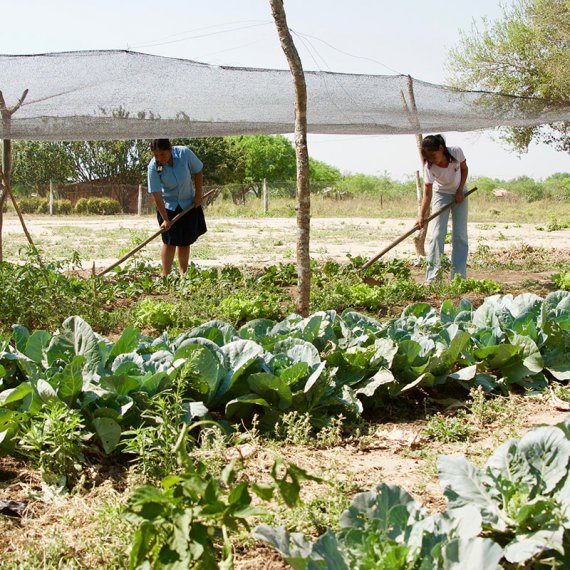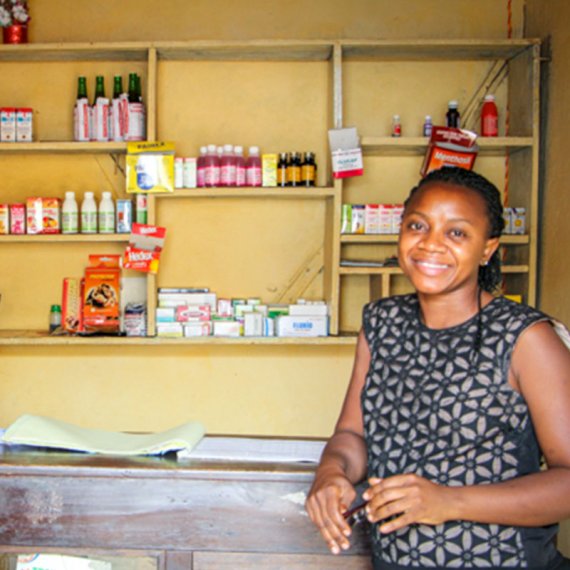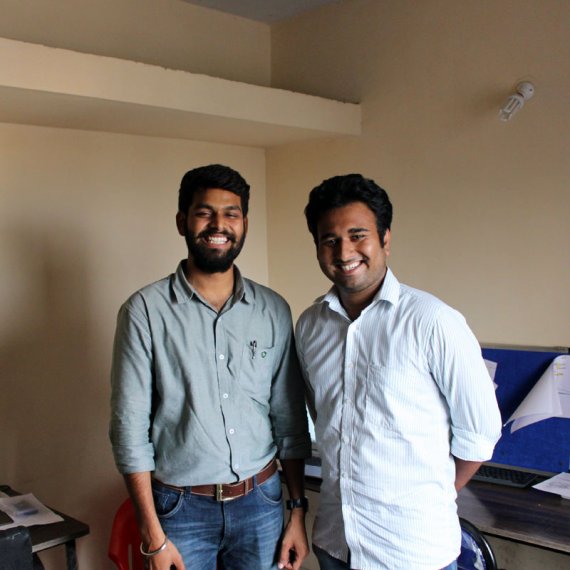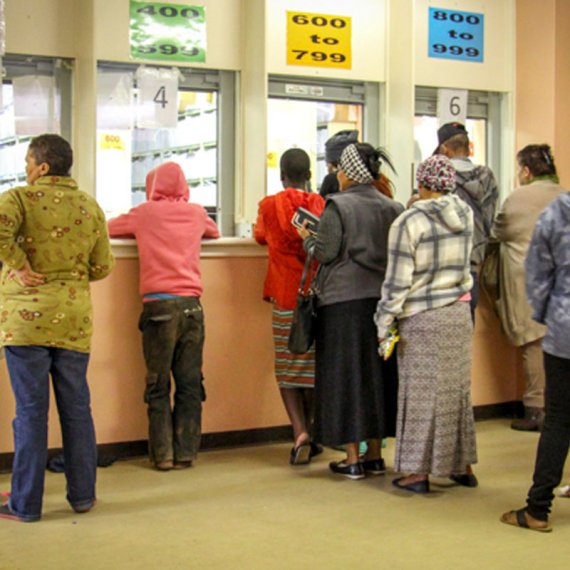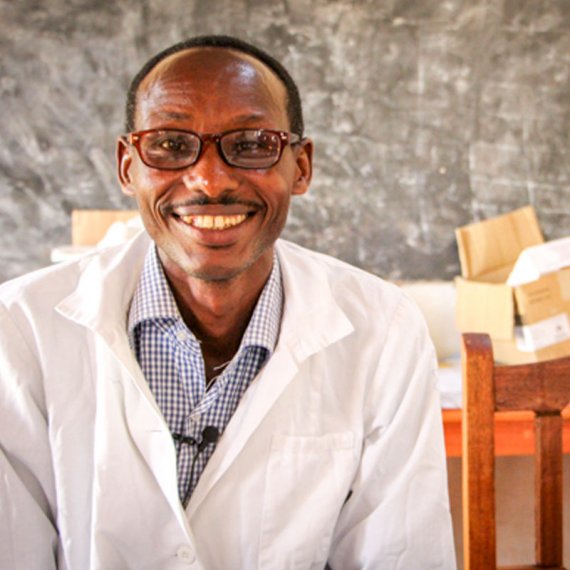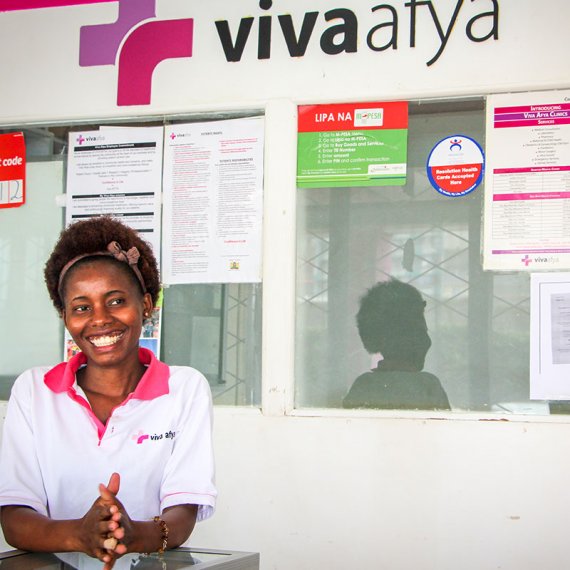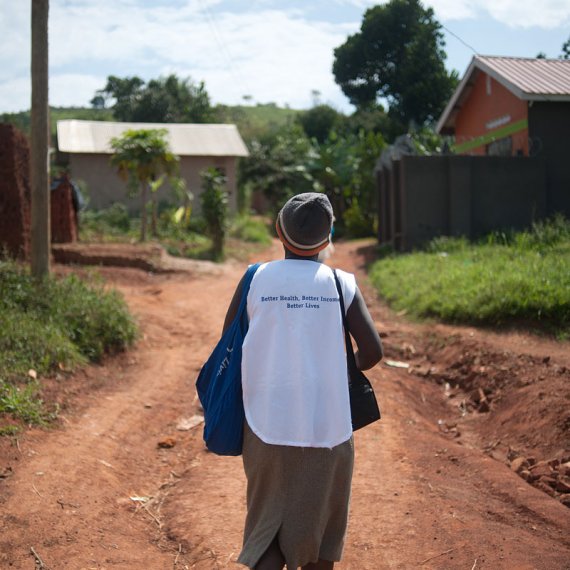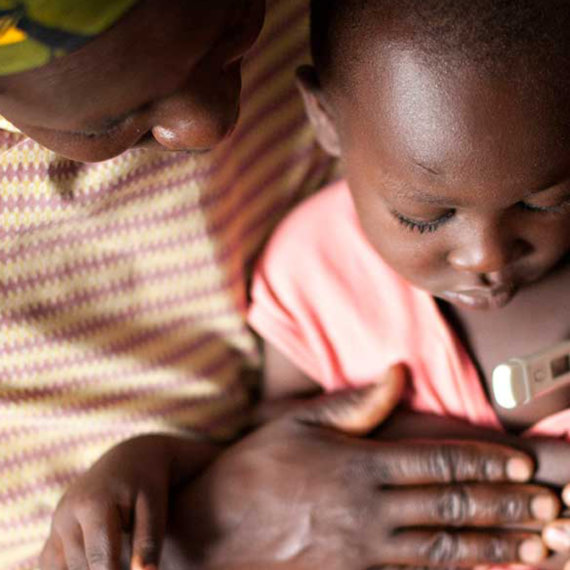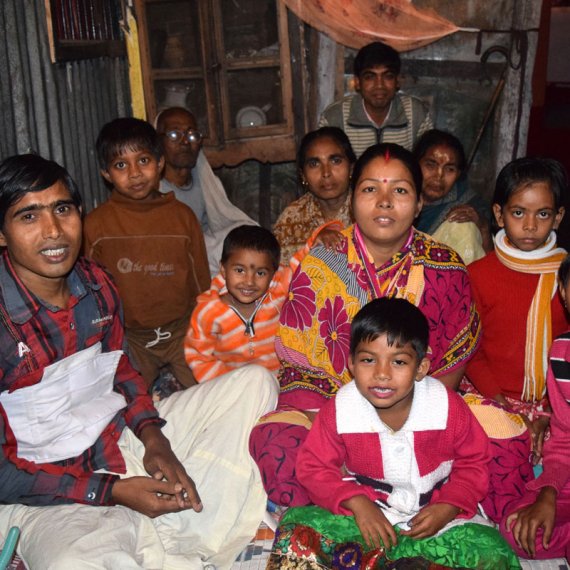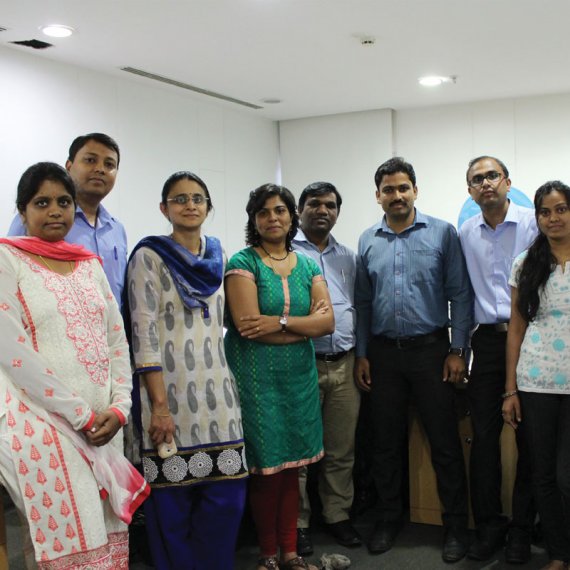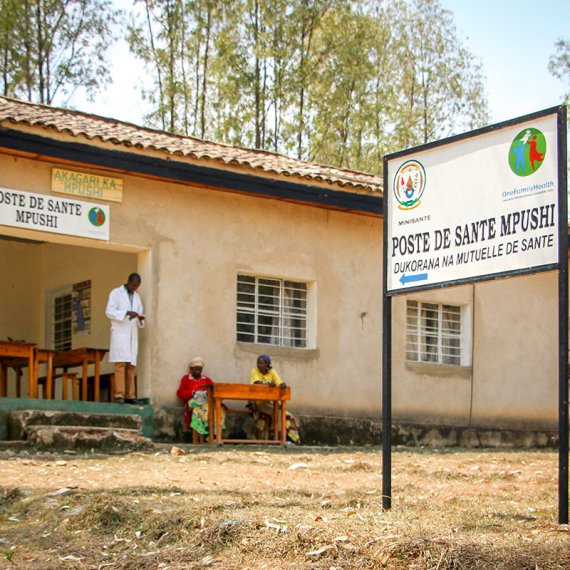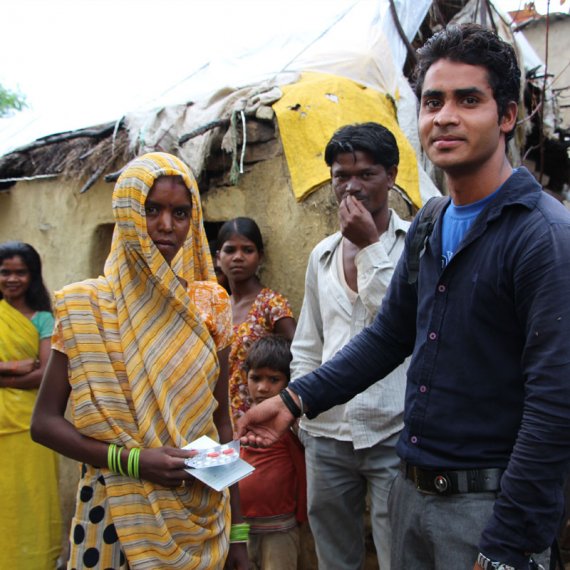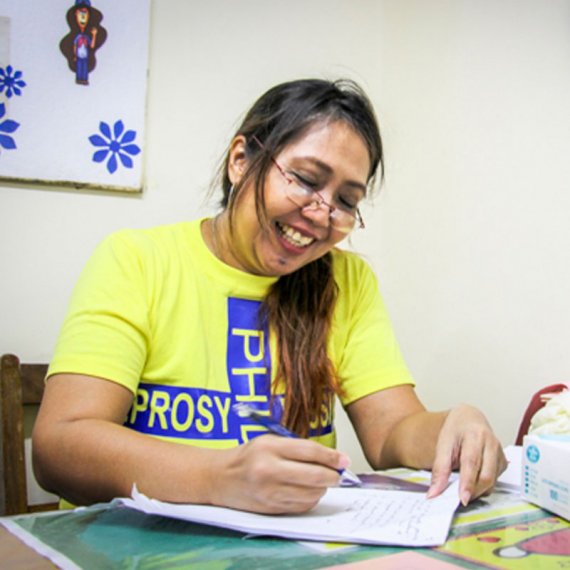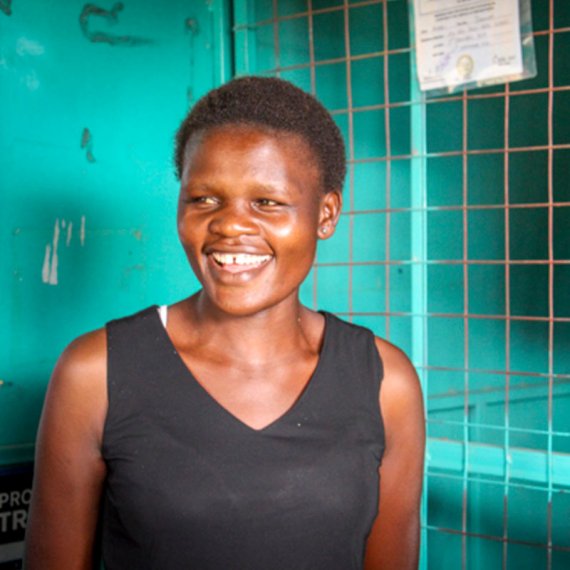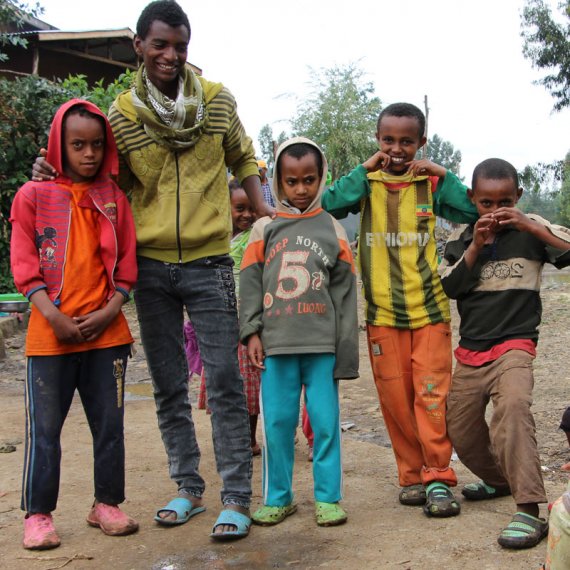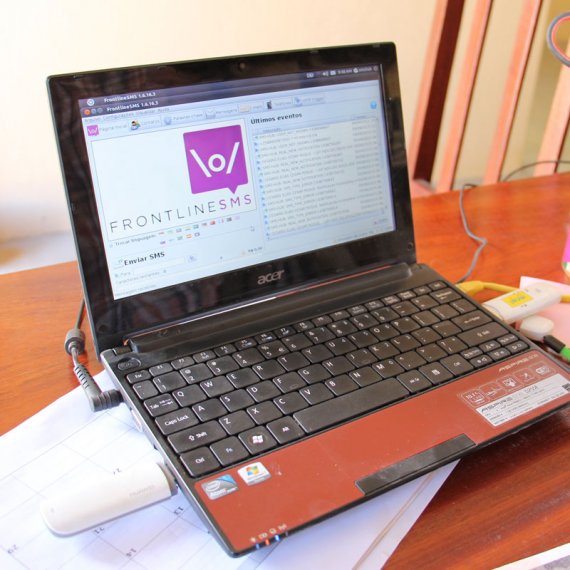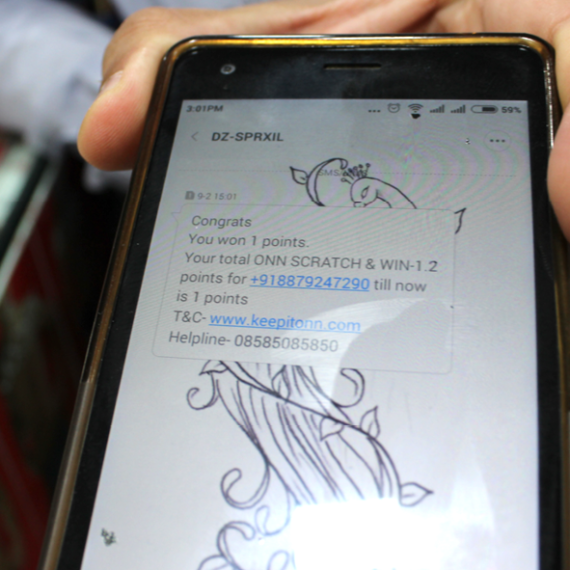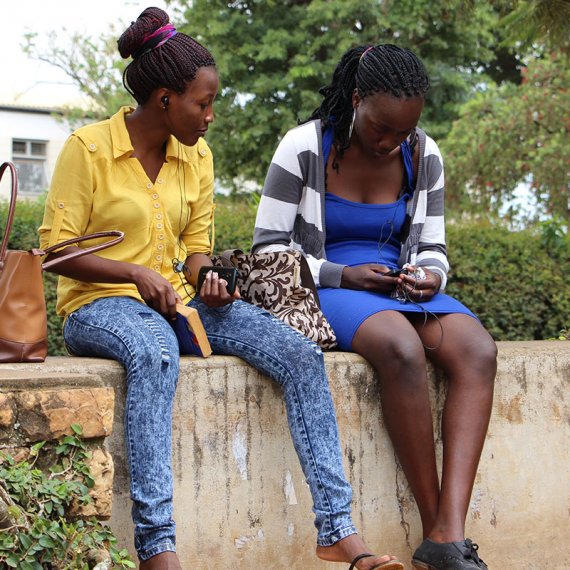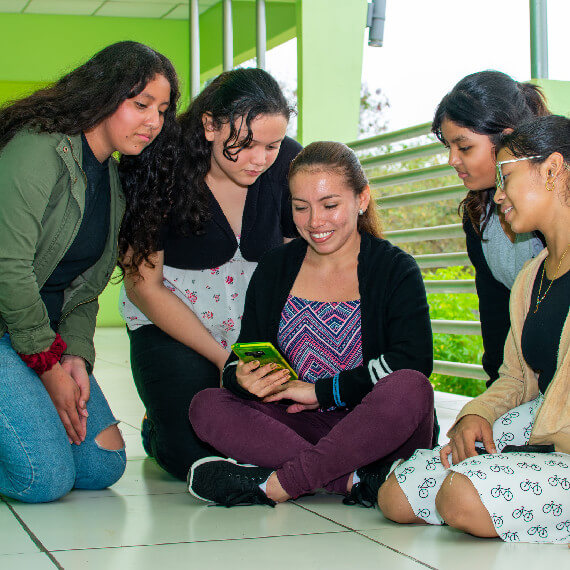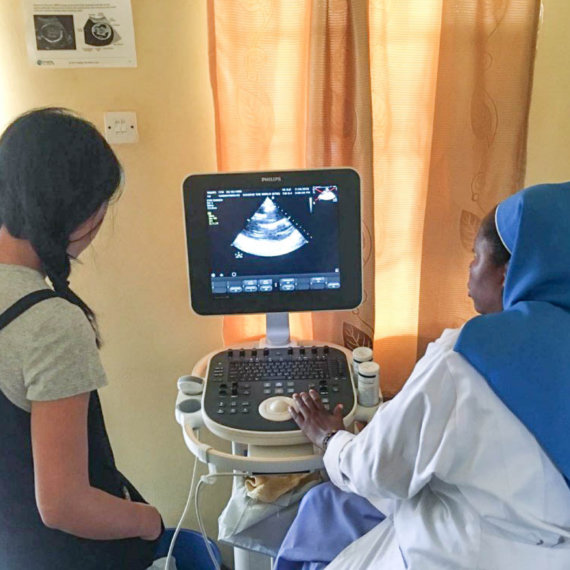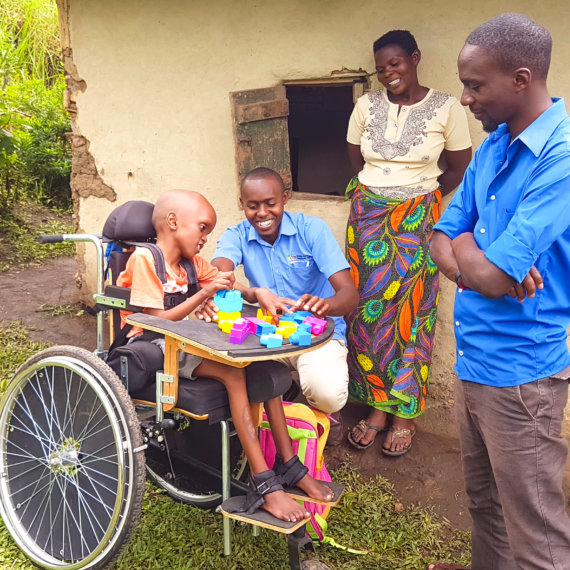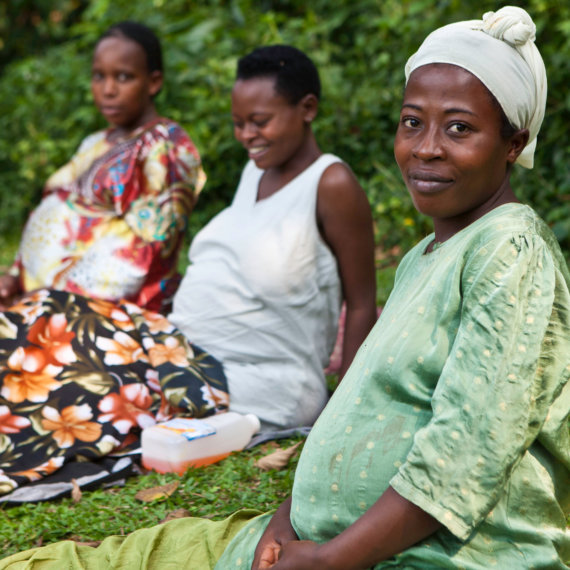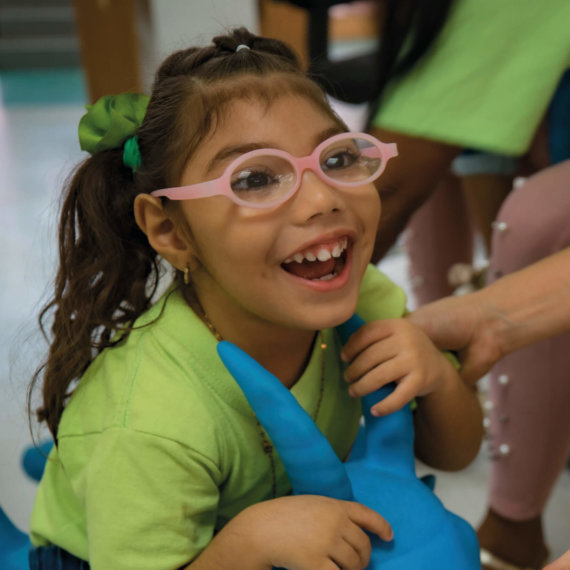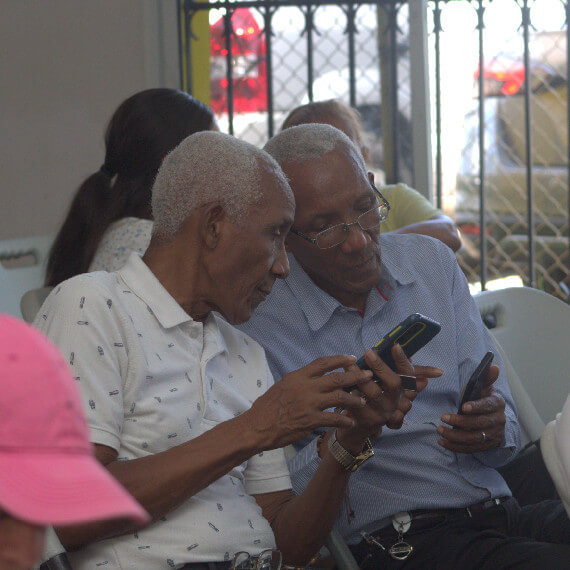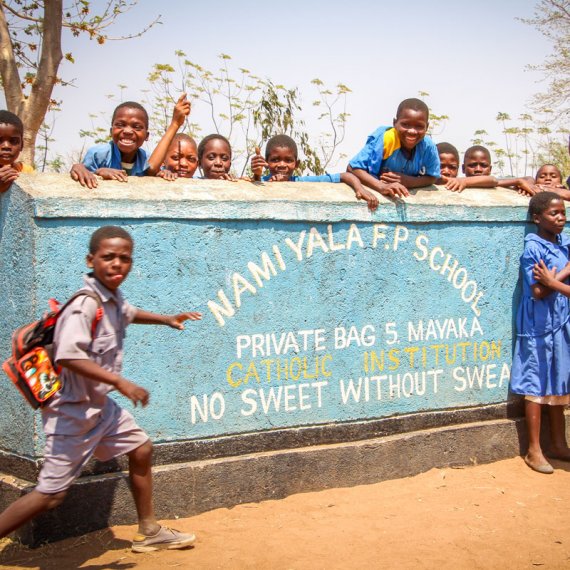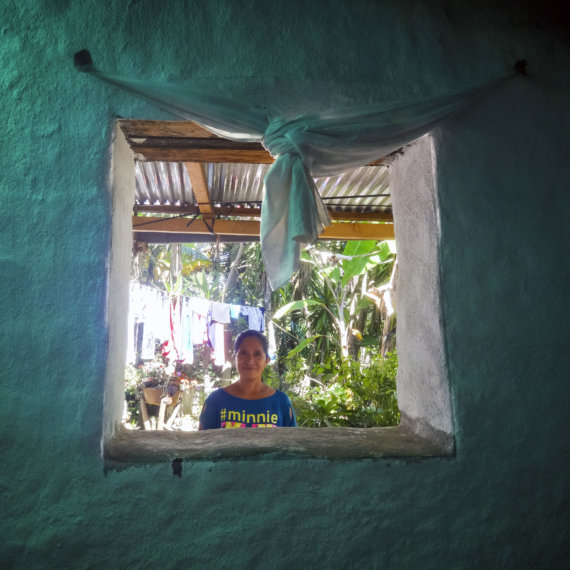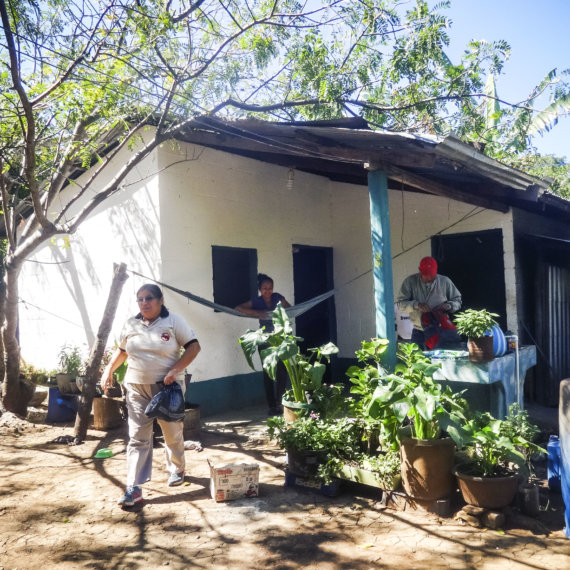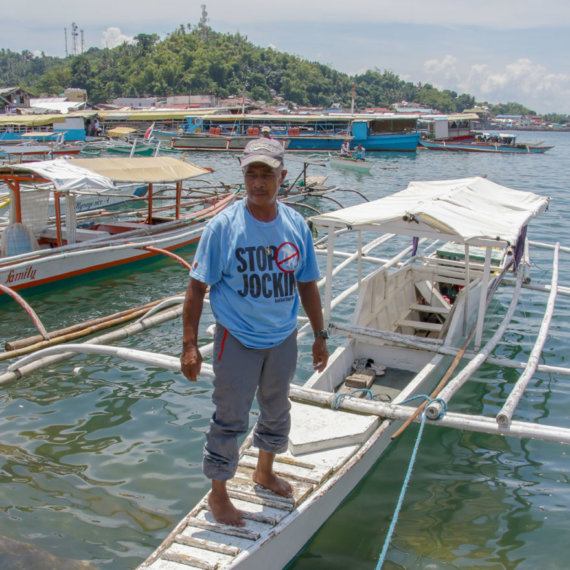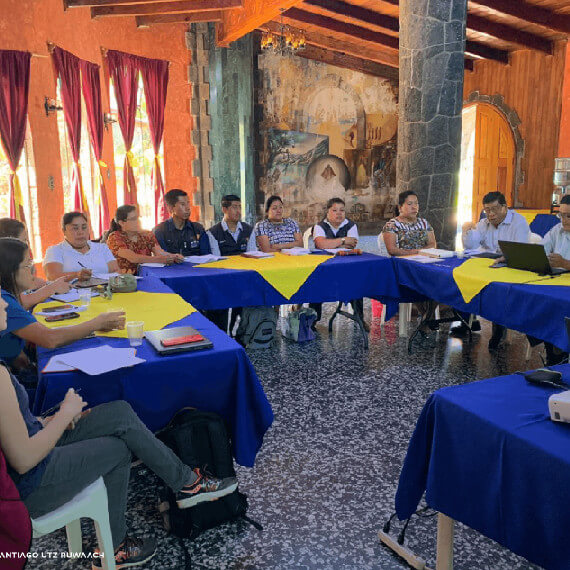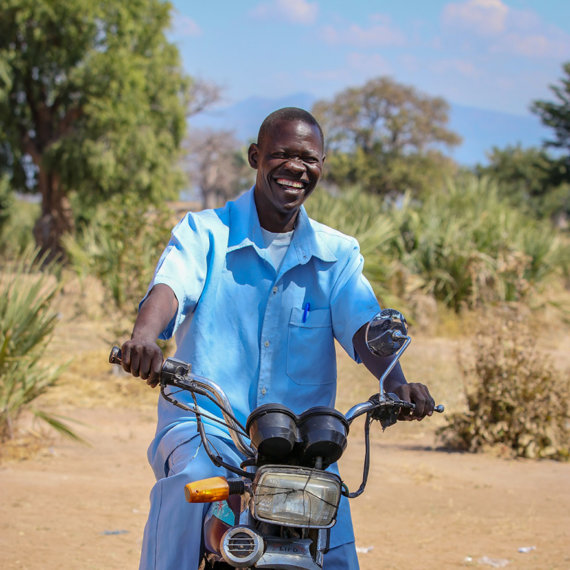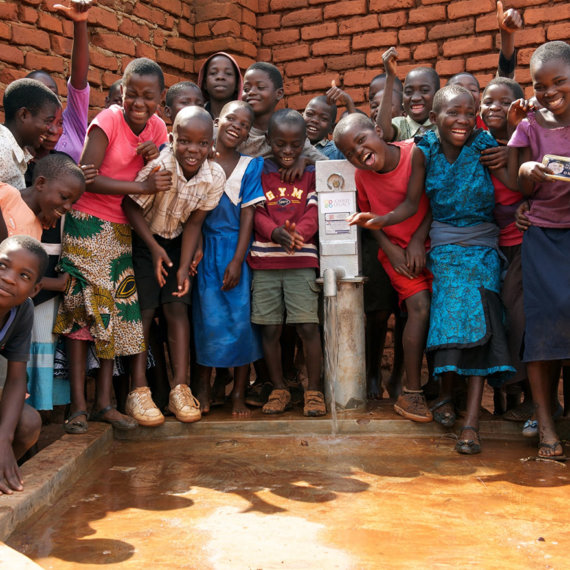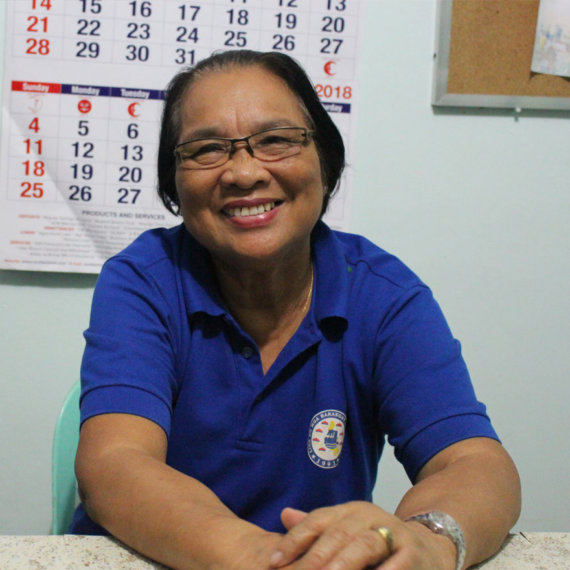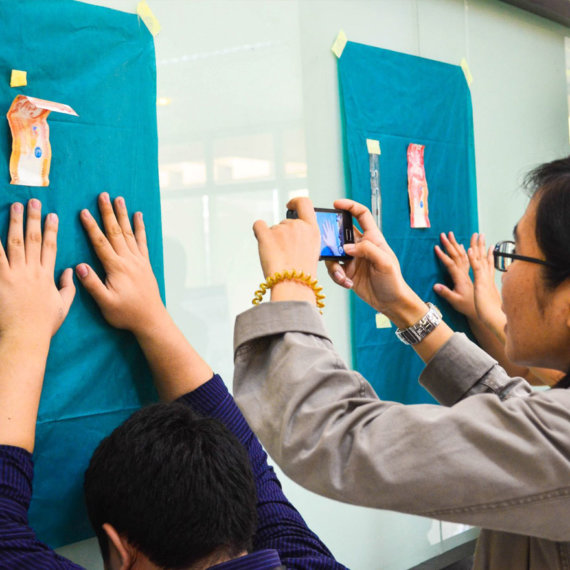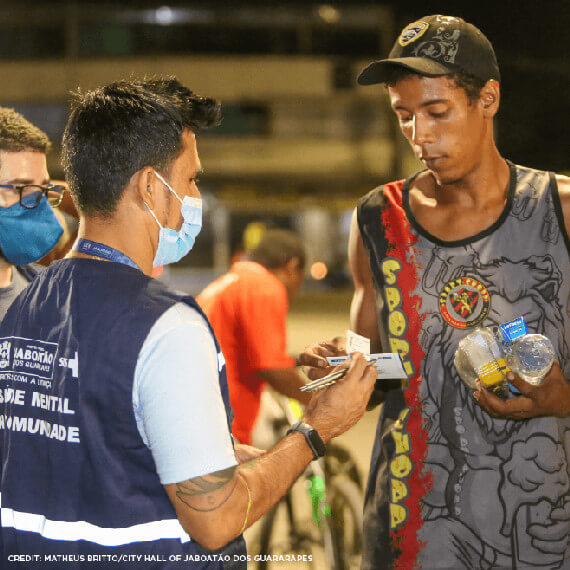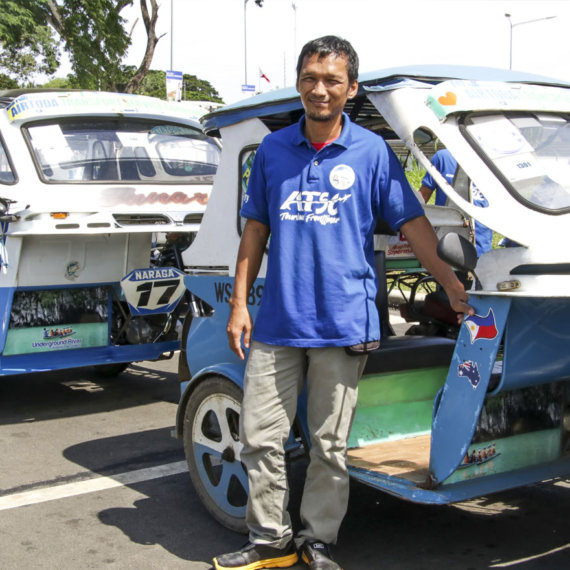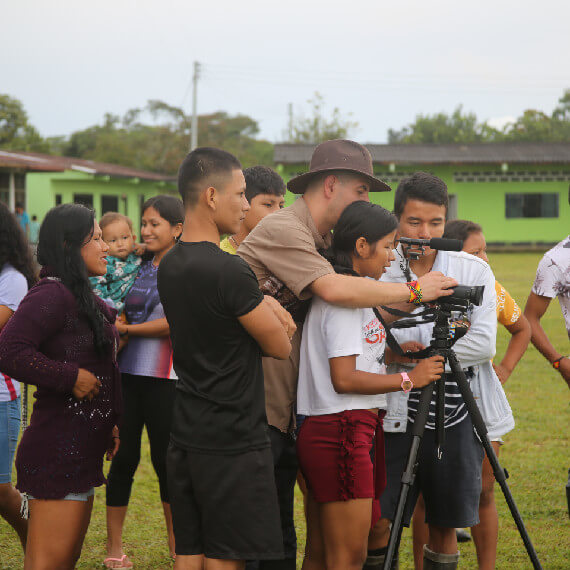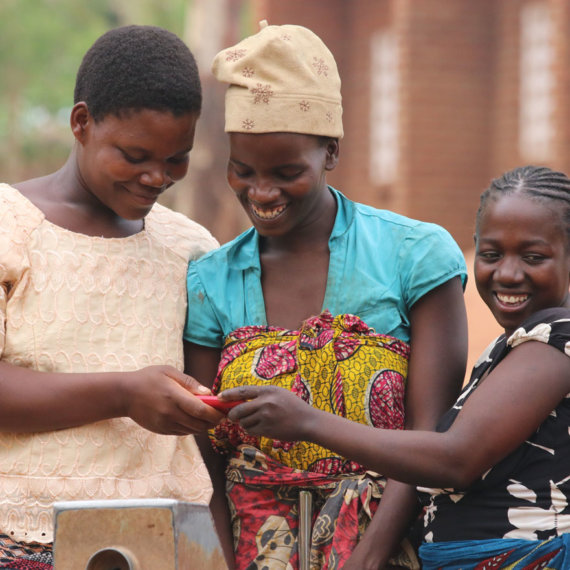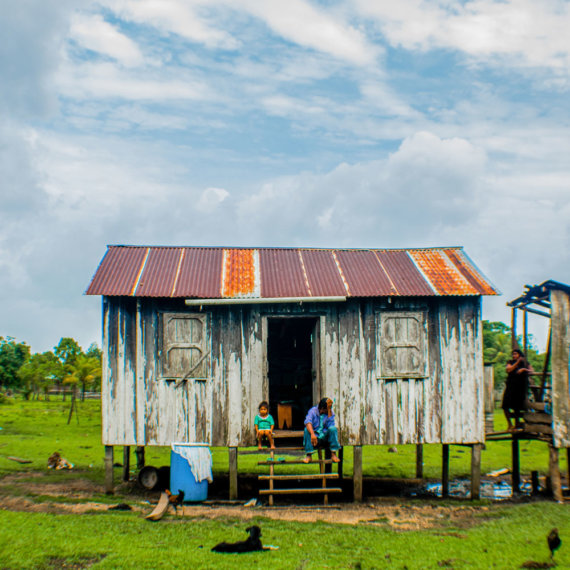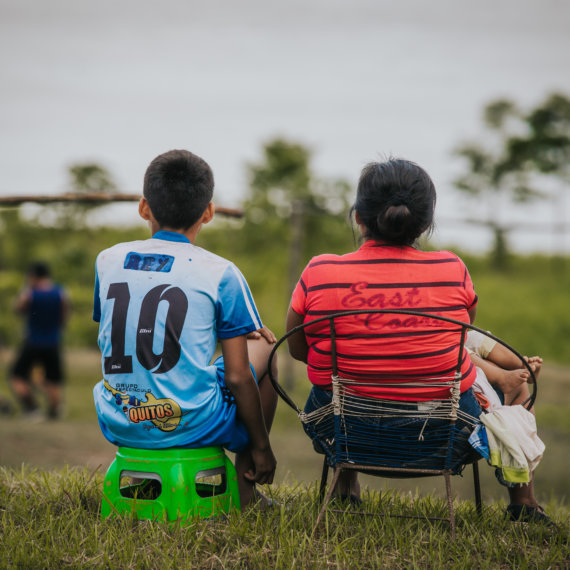Mother’s Fun Run
A national platform that brings together local actors, consolidates efforts from private sector, government, NGOs, communities and the public to facilitate delivery of sustainable, quality services for improved maternal and neonatal health outcomes.
CONTINENT
AFRICA
Country
MALAWI
Health focus
Maternal, Newborn and Child Health Care
Actors Involved
Private Sector, Individuals, NGOs, Government
Programme Focus
Community Mobilization, Service Delivery
Health System Function
Health Financing
CHALLENGE
From 1990 to 2013, Malawi reduced maternal mortality rates by half and child mortality rates by 73%. Currently, 439 mothers out of every 100,000 live births die during childbirth, while neonatal mortality rates are estimated at 27 per 1,000 live births. The leading causes of maternal deaths include hemorrhaging, sepsis, obstructed labor/ruptured uterus and pre-eclampsia; and prematurity (33%), birth asphyxia and trauma (25.8%), and sepsis (18.6%) are the main causes for neonatal deaths.
Malawi aims to reduce neonatal mortality to 15 per 1,000 live births by 2035 through its Every Newborn Action Plan, and maternal mortality ratio to 70 per 100, 000 live births by 2030 contributing to Sustainable Development Goals. However, only 53% of hospitals and 5% of health centers can provide comprehensive and basic emergency obstetric and neonatal care. Most health facilities face a shortage of resources, infrastructure and inadequate transport for referral of emergencies. Furthermore, 17% of healthcare facilities do not have clean water, and 56% of healthcare facilities have limited hygiene facilities. All these factors lead to sub-optimal quality of maternal and neonatal health care.
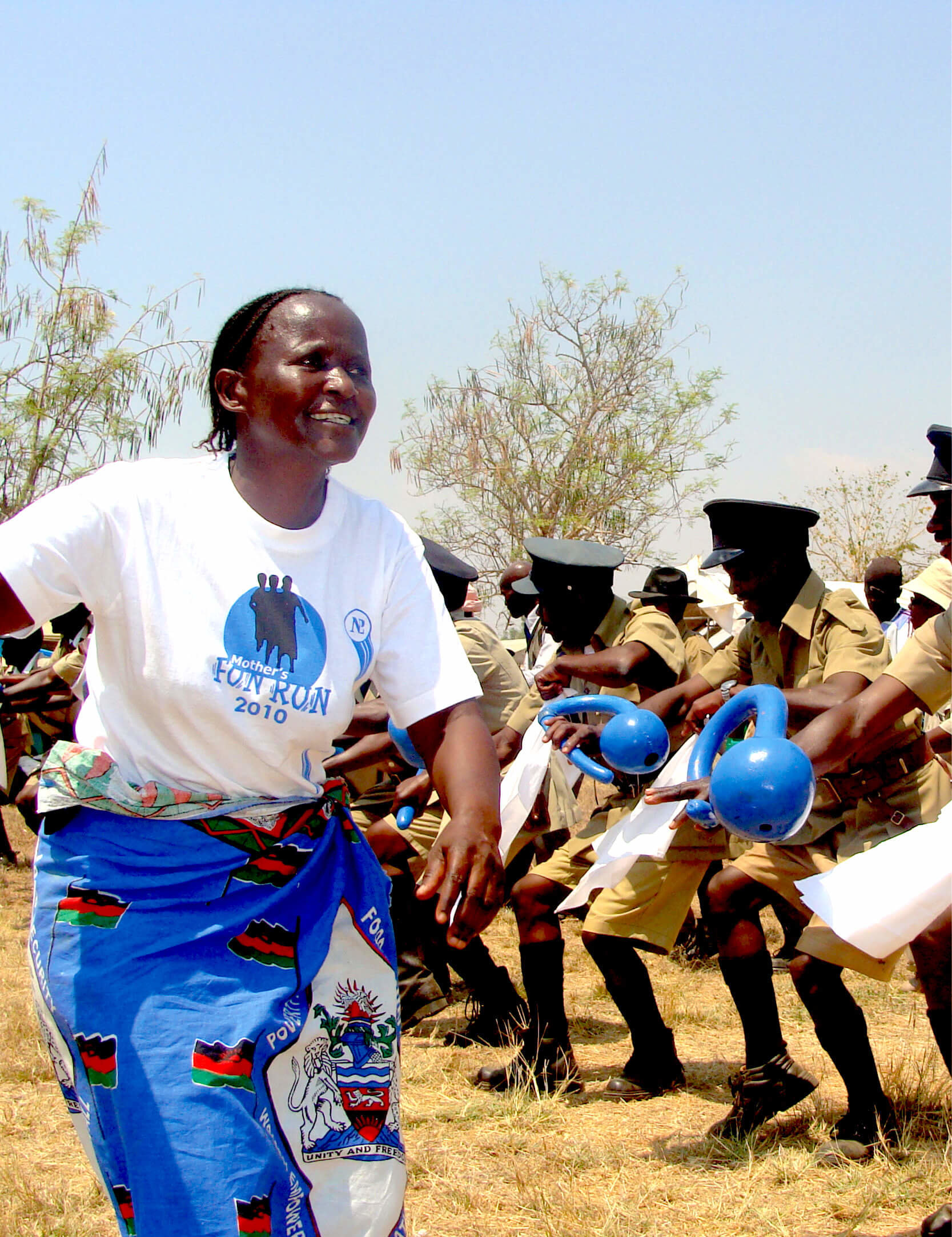
“Some institutions have given their expertise and programme interventions, CEOs have spent nights in district hospitals to appreciate the challenges. This makes this space unique. It is a platform where each cadre of society can contribute to in diverse ways, and make mothers, girls, and children in rural areas smile.”
– McDonald Kadewa, Head Business and Organization Development, Nation Publications Limited
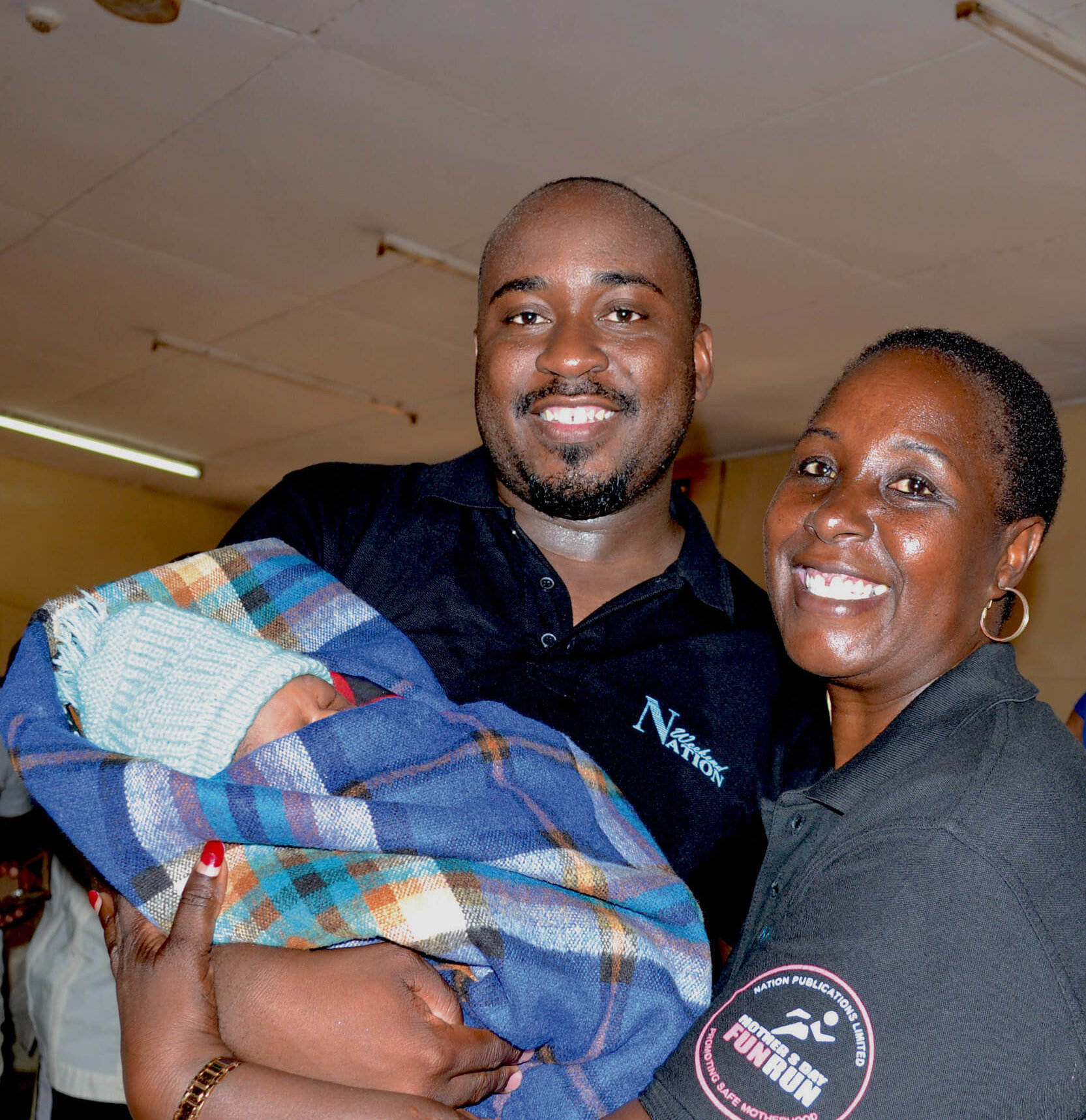
INTERVENTION
Nation Publications Limited, a privately-owned media house, has created a national platform (Mothers Fun Run) where a diverse group of change makers from different sectors come together and consolidate efforts to achieve improved maternal and neonatal health outcomes.
Each year, on rotational basis and through consultations with Ministry of Health, districts, UNFPA, two districts are chosen based on need and poor Maternal and Neonatal Health (MNH) outcomes. A joint needs assessment is conducted and a list of needs and services is developed by a local organizing committee comprising local leaders, district development and health office, community members and key actors together with the MFR team and its long-term partners.
Utilizing a crowd funding resource strategy MFR maximizes resource mobilization, allocation and equitable utilization for improved MNH services based on the needs assessment. Organizations, groups, communities and individuals are given the opportunity to give back by raising money and/or contributing lifesaving equipment and/or services towards public health facilities through sponsorship with predefined categories, group and individual participation through sleepover, cycle, runs challenges.
Programmatic intervention: Strategic partnerships with NGOs and private sector provide avenues for integrating multi-year MNH related interventions in identified districts leveraging the MFR investment, local buy in and district wide mobilization.
Space for evidence based advocacy and accountability: NPL provides dedicated news space for MNH articles that are written by staff reporters, partners, contributors and front line health workers to facilitate public debate, networking and lobbying for improved conditions and greater public awareness of MNH issues.
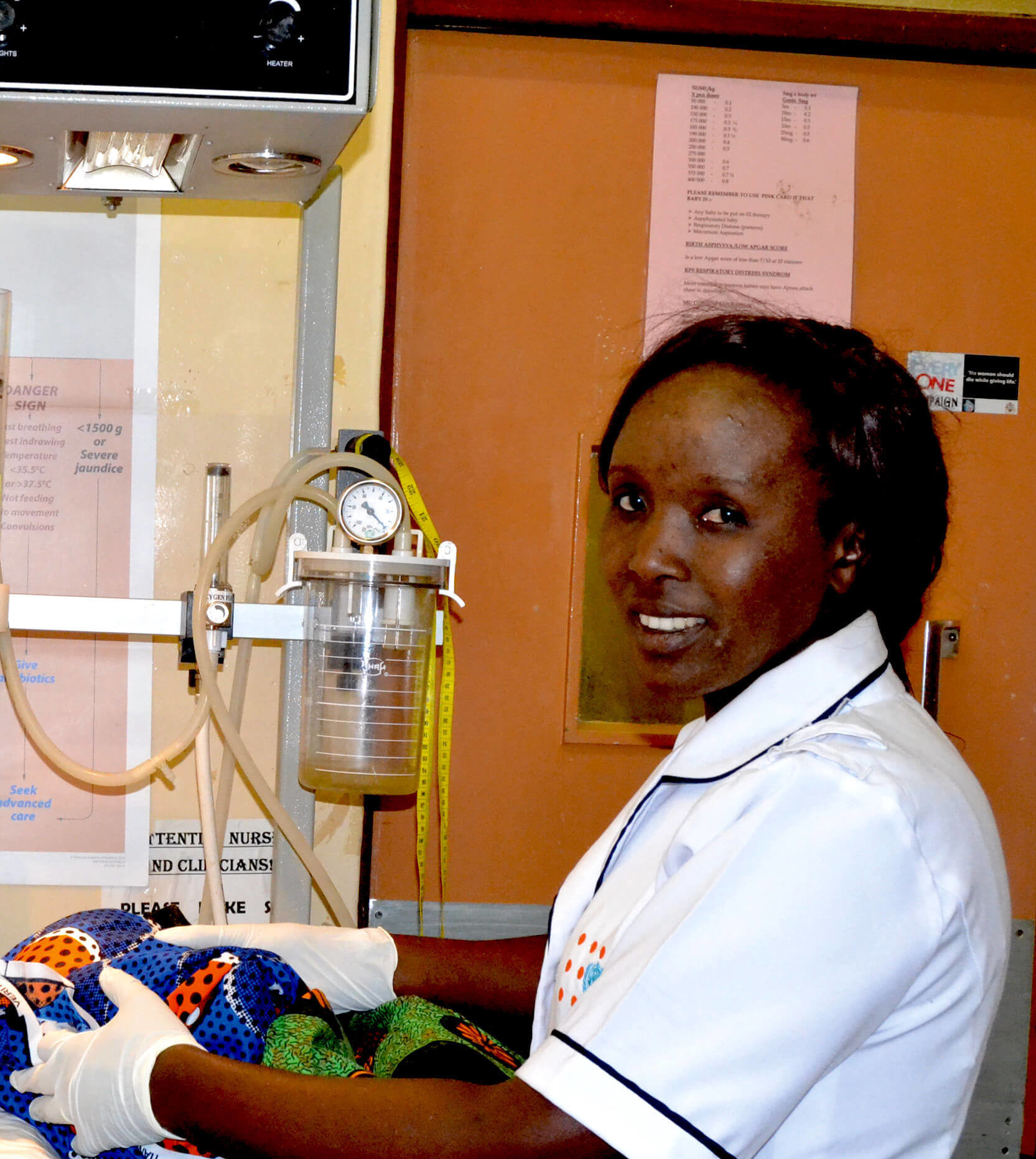
“The intervention has proven that no problem is too big to be financed locally. Through MFR, local hospitals have been equipped with various equipment reducing the burden on public health system…It is our challenge and our solution, not women’s or men’s …but an united Malawian effort”
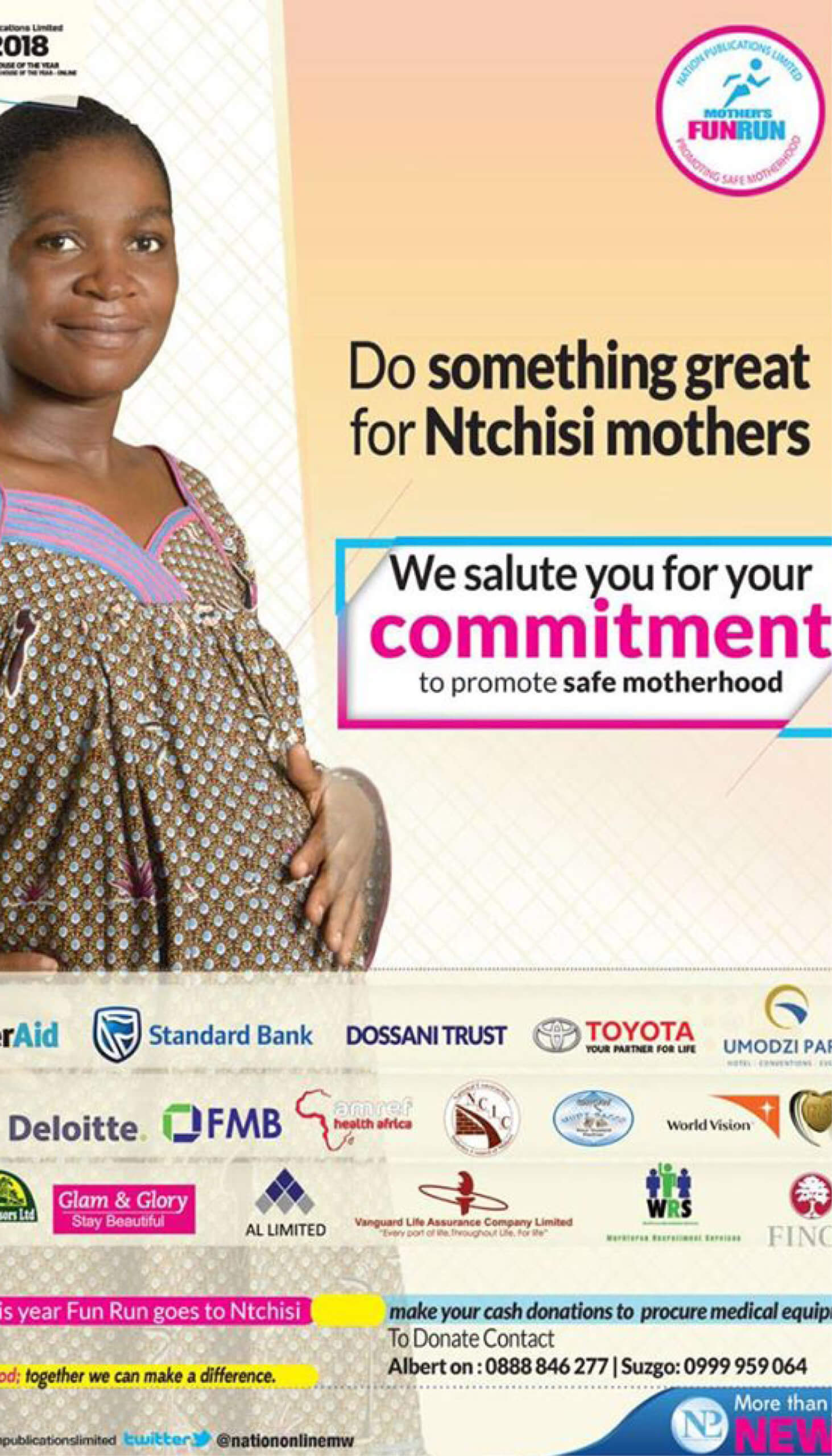
IMPACT
![]() Over 15 years, MFR has mobilized over half a billion Malawi Kwacha locally, and supported 16 districts through resource provision and capacity building services for more than 70 health facilities.
Over 15 years, MFR has mobilized over half a billion Malawi Kwacha locally, and supported 16 districts through resource provision and capacity building services for more than 70 health facilities.
![]() In 2018, NPL had a target of MK150 million ($203,252), and raised Mk 183 million ($247,967).
In 2018, NPL had a target of MK150 million ($203,252), and raised Mk 183 million ($247,967).
![]() Improved maternal and neonatal outcomes in public health facilities;
Improved maternal and neonatal outcomes in public health facilities;
i) Mzimba District Hospital registered a 26% reduction in neonatal deaths two years after the intervention in 2016.
ii) 7 out of 12 Ntchisi (MFR 2018 beneficiary) Health Centres have clean water and enhanced hygiene facilities through the programmatic component of MFR.
iii) Lifesaving equipment such as a heavy duty generator at Ntchisi District Hospital has improved quality of health services across the hospital such as the theatre, pharmacy and for labor and delivery; resulting in reduced obstructed labor/ruptured uterus cases and neonatal deaths due to hypothermia.
![]() Established and sustained local cross-sectoral partnerships and platform for MNH in Malawi that identifies, recognizes and promotes citizen led solutions and efforts, mobilization of communities and lobbying policymakers for improved conditions in public health facilities.
Established and sustained local cross-sectoral partnerships and platform for MNH in Malawi that identifies, recognizes and promotes citizen led solutions and efforts, mobilization of communities and lobbying policymakers for improved conditions in public health facilities.
![]() Since 2019 – identified yearly districts moved from one to two in 2 regions due to growth of contributions over the years and expansion of strategic partnerships.
Since 2019 – identified yearly districts moved from one to two in 2 regions due to growth of contributions over the years and expansion of strategic partnerships.
CASE INSIGHTS
![]() A well-positioned, reputable and accountable private sector institution can leverage its positioning to catalyze change i.e. cross-sectoral players pool their resources to support and facilitate local health solutions.
A well-positioned, reputable and accountable private sector institution can leverage its positioning to catalyze change i.e. cross-sectoral players pool their resources to support and facilitate local health solutions.
![]() A collaborative, adaptive and evolving platform can mobilize diverse actors from policy makers to community levels to address health priorities and influence trends of local businesses collaborating and investment in local communities and sustainable impact beyond corporate social responsibility actions.
A collaborative, adaptive and evolving platform can mobilize diverse actors from policy makers to community levels to address health priorities and influence trends of local businesses collaborating and investment in local communities and sustainable impact beyond corporate social responsibility actions.
![]() Sustained long term local financing for health challenges is possible in low resource settings using innovative, localized and iterative crowd funding strategy that includes long and short term partnerships with private and public sector, group and individual efforts. That is guided by a jointly vetted needs list, local buy in, timely dissemination of yearly contributions and expenditure reports shared with all actors and contributors.
Sustained long term local financing for health challenges is possible in low resource settings using innovative, localized and iterative crowd funding strategy that includes long and short term partnerships with private and public sector, group and individual efforts. That is guided by a jointly vetted needs list, local buy in, timely dissemination of yearly contributions and expenditure reports shared with all actors and contributors.
![]() Telling a health challenge story and creating awareness through first person account with nuanced details of community members, health providers, women and men experiences, influential public and private sector leaders utilizing a problem solving lens stimulates understanding and galvanizes actions at personal and social network level to contribute to solutions reigniting community and national prioritization of the challenge.
Telling a health challenge story and creating awareness through first person account with nuanced details of community members, health providers, women and men experiences, influential public and private sector leaders utilizing a problem solving lens stimulates understanding and galvanizes actions at personal and social network level to contribute to solutions reigniting community and national prioritization of the challenge.
